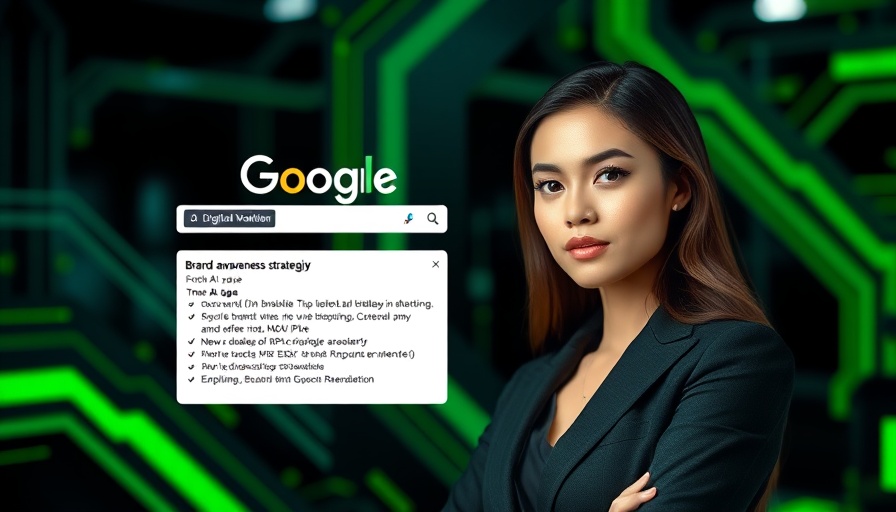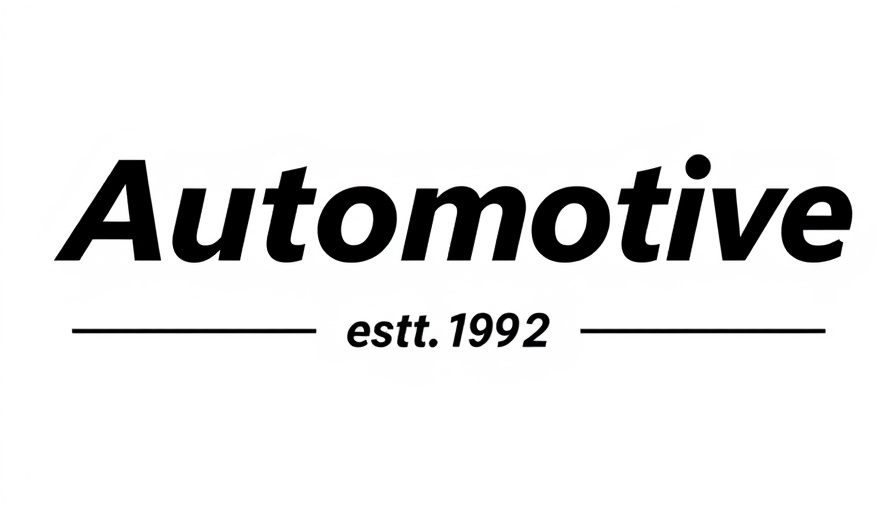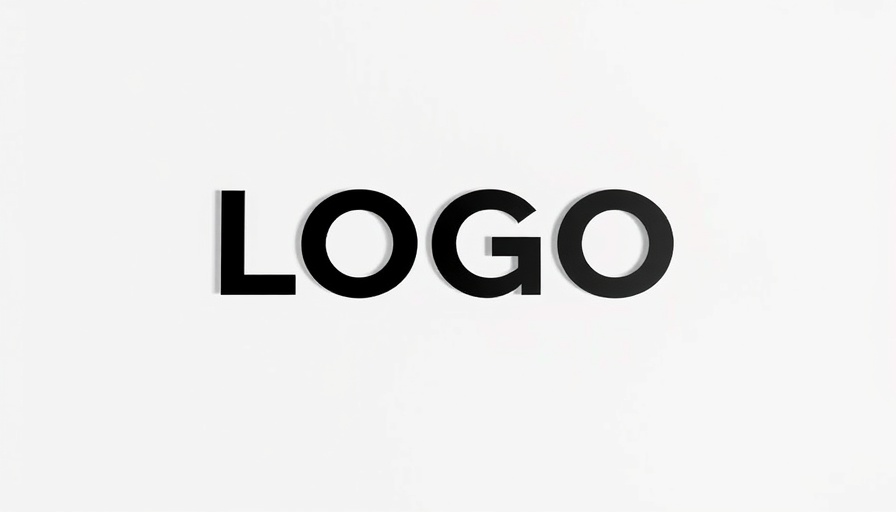
Transforming Brand Awareness in the Age of AI
As we navigate the rapidly evolving landscape of brand awareness, the impact of AI technologies on marketing strategies becomes undeniably evident. With the surge of language learning models (LLMs) like Google's Gemini, traditional approaches to search engine optimization (SEO) and pay-per-click (PPC) advertising have reached a turning point. Today’s marketers must radically rethink how they engage consumers.
Understanding the Shift: What Works, What Doesn’t
In the past, marketers thrived by optimizing their content around specific keywords, ensuring favorable rankings in search results. However, as noted by industry leaders, including Sydney Sloan, CMO of G2, this tactic has become increasingly obsolete. As LLMs begin to dominate search responses, the strategies that once propelled brands toward visibility are now faltering.
The decline in website traffic experienced by major companies constitutes proof of this shift: traffic falling by over 25% and, in some cases, up to 70%. This raises a crucial question for dealership management and marketers alike: How do brands maintain visibility when search results are interacting with AI rather than users?
The Rise of AI Optimization: A New Playbook
The solution is to pivot toward AI Optimization (AIO) rather than traditional search optimization. In this framework, creating content isn't merely about writing for keywords; instead, effective strategies focus on the user's intent and the problems they are trying to solve.
As LLMs continue to dominate, marketers can capitalize on two pivotal strategies:
- Expert-driven Listicles: Content attributed to industry experts resonates more with LLMs and ranks higher in AI-generated responses.
- Jobs-to-Be-Done Format: Develop content that addresses specific challenges faced by users rather than a sales-driven narrative.
Realigning Goals with Consumer Needs
For dealerships aiming to enhance their growth and operational efficiency, this new approach means redefining what 'content' signifies. Users are increasingly turning to AI not just for answers but for insights and problem-solving solutions. Hence, brands focused on dealership management must align their strategies accordingly, producing content that serves customer needs over merely driving sales.
Implementation Strategies for Dealerships
To stay competitive, dealership marketers must integrate AI optimization into their strategic planning:
- User Persona Development: Understand and outline user personas comprehensively, focusing on their unique challenges and objectives.
- Test and Adapt: Continually measure the performance of your content. Tweaking strategies based on real-time feedback is essential.
- Leverage AI Tools: Implement AI enhancements and tools that streamline the content creation process toward meeting user needs more effectively.
Rethinking Customer Engagement
To thrive amidst these changes, brands must emphasize the emotional connection they develop with customers. The current AI landscape not only requires technical adaptability but also a human-centered approach to marketing and brand awareness. Dealerships must cultivate relationships based on understanding and addressing customer pain points, employing narrative-driven content to establish trust.
Conclusion: Take Action
In the era of AI-driven brand visibility, dealerships face both a challenge and an opportunity. Rethinking traditional marketing tactics for AI’s new reality is crucial not just for survival but for growth. Equip your dealership with actionable insights and innovative strategies to adapt and excel.
 Add Row
Add Row  Add
Add 

 Add Row
Add Row  Add Element
Add Element 




Write A Comment